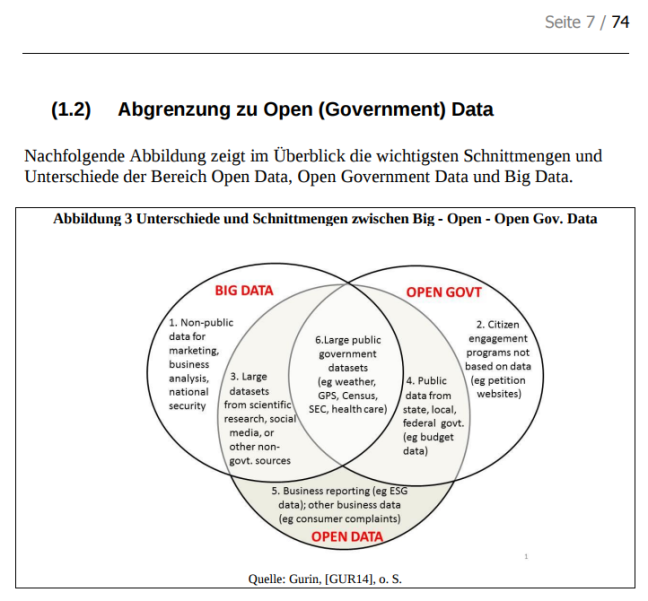Data and privacy concerns should be a top priority
Big Data solutions can contribute significantly to Austrian public administrations, a working group concludes in a report published in June. Benefits include improved quality of life, finding optimal business locations, and offering better guidance to citizens. The report by the Big Data working group aims to help public administrations when considering Big Data solutions, by providing legal, economic and technical context.

Big Data implementations help public administrations to make better decisions, the working group writes, for instance in traffic management, healthcare and labour market regulation. However, data and privacy concerns should be a top priority. Public administrations considering Big Data implementations must overcome the antagonism between data and data usages. Advanced correlation methods make it likely that, when mixing different data sets, specific individuals can be pinpointed.
The working group recommends that public administrations consider the possibility of Big Data - emphasising strict privacy requirements and urging that privacy concerns be addressed by being open about the project.
The report reviews legal aspects, economic impacts, and discusses common Big Data technologies such as NoSQL, Apache Hadoop and Apache Spark.
Census
The text concludes with seven successful Big Data implementations. The first example is Austria’s census: a process that in 2001 required 3,3 million households to fill in paper questionnaires (totalling 230 tons). The forms were delivered door to door, and required manual processing at Austria’s statistics agency, involving over a 100 staff members. In 2011, for the first time, the data was automatically imported from the municipal records, managed and analysed by just 16 staff members at the bureau of statistics.
Other examples deal with fighting crime, detecting fraud, parking cars, and monitoring of public health.
More information:
Positionspapier zu Big Data in der öffentlichen Verwaltung (PDF)

